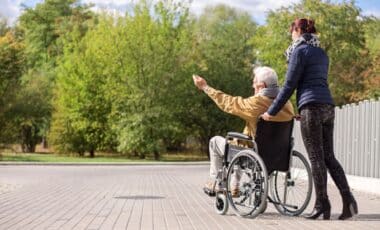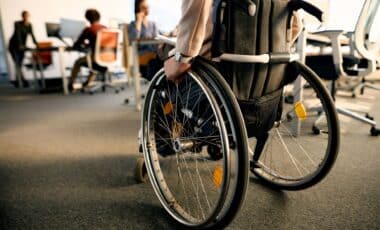Planned reforms to the UK’s Personal Independence Payment (PIP) system could result in a significant number of claimants losing eligibility, particularly those with conditions such as back pain, cardiovascular disease, and respiratory illnesses.
The changes, due to take effect in November 2026, are part of wider welfare reforms proposed by Work and Pensions Secretary Liz Kendall, and reported by the Daily Record.
Coverage from DevonLive highlights how the revised assessment criteria may affect large portions of current recipients. Many individuals facing long-term health challenges could lose benefits, though the full scale and long-term effects of the policy remain to be seen.
Revised Eligibility Thresholds in New PIP System
Currently, PIP applicants qualify for the standard daily living rate by scoring at least eight points across ten evaluation activities. To receive the enhanced daily living rate, a total of 12 points or more is required.
The upcoming reform introduces an additional threshold: claimants will now also need to achieve a minimum of four points in at least one individual task, regardless of their total score. This change is intended to target support toward individuals with more concentrated and severe impairments.
Detailed Assessment Activities and Maximum Scores
The PIP assessment evaluates a claimant’s ability to manage various daily living tasks, each carrying a specific maximum score. These are:

- Preparing food – 8 points
- Taking medication – 10 points
- Managing therapy or monitoring a health condition – 8 points
- Washing and bathing – 8 points
- Managing toilet needs or incontinence – 8 points
- Dressing and undressing – 8 points
- Communicating verbally – 12 points
- Reading and understanding symbols and words – 8 points
- Engaging with other people face to face – 8 points
- Making budgeting decisions – 6 points
Claimants are scored based on how safely, effectively, and independently they can perform these tasks, or how much assistance or equipment they require.
Conditions Most Likely to Be Affected
Data published by the Department for Work and Pensions (DWP) indicates that many claimants will no longer qualify under the revised rule, which requires four points on at least one task. Conditions with the highest proportion of potentially ineligible recipients include:
- Back pain – 79%
- Chronic pain syndromes – 71%
- Regional musculoskeletal diseases – 71%
- Cardiovascular diseases – 62%
- Respiratory diseases – 55%
- Multiple sclerosis and neuropathic diseases – 48%
- All other conditions – 46%
- Other neurological diseases – 36%
- Cerebrovascular diseases – 34%
- Cancer – 33%
- Epilepsy – 30%
- Other psychiatric disorders – 28%
- Cerebral palsy and neurological muscular diseases – 24%
- Psychotic disorders – 23%
- ADHD/ADD – 19%
- Autism spectrum disorders – 6%
- Arthritis – 6%
- Learning disabilities – 3%
The category labelled “all other conditions” includes a wide variety of less common ailments such as visual diseases, skin disorders, hearing impairments, and autoimmune diseases.
Impact on PIP Payment Structure
The proposed changes affect only the daily living component of PIP. The mobility component remains unchanged. Under current rules, this component offers:
- £29.20 per week at the standard rate
- £77.05 per week at the enhanced rate
Meanwhile, the daily living component continues to provide higher support levels:
- £73.90 (standard rate)
- £110.40 (enhanced rate)
With the additional requirement of scoring four points in a single category, some individuals who currently receive support based on distributed low-to-moderate difficulties across multiple areas may no longer be eligible.









